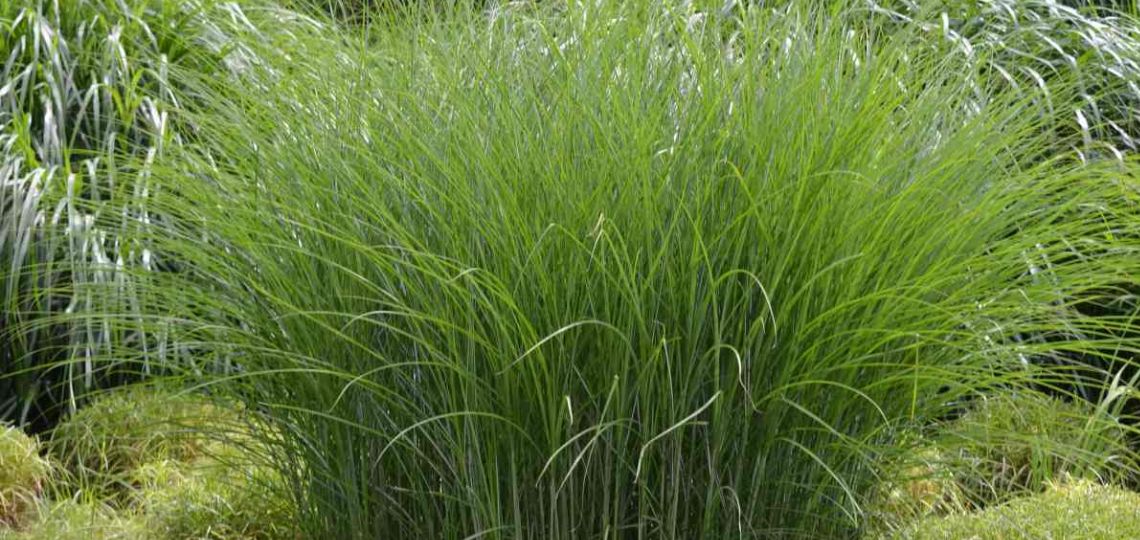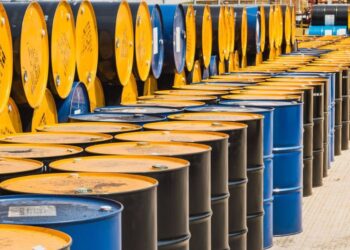“We didn’t plan for the price spike, but we’re still enjoying it.” In Bernwiller (Haut-Rhin), we heat with miscanthus, an ecological and economical plant. Forget about oil, gas or electricity: in this town of 1,200 inhabitants about 15 kilometers from Mulhouse, heating is provided by this rhizomatous grass from Asia that looks like a reed.
The first plot was planted in 1993. “We were really the first in France,” recalls Mathieu Ditner, former mayor of Amertzwiller (since merged with Bernwiller) and retired farmer. “Now it’s all over the place”.
Initially, the municipality uses miscanthus for its sanitizing properties: it lowers the level of nitrates in the water. Then, about ten years ago, came the idea of harvesting it and using it as biofuel in the municipal boiler, instead of wood chips. “Unlike the woods where you have to wait 50 years for it to grow again, there is a harvest every year,” compares the current mayor, Patrick Baur, while in the field behind him the long golden stalks are mowed in a cloud of dust.
Twenty-seven hectares are cultivated by a dozen farmers, who sell for 110 euros per ton of miscanthus. The annual harvest will be used to heat public buildings and about 70 homes.
“A good deal”
“Originally, it was intended to heat buildings in the municipality, such as schools and churches, but we offered some residents to connect and they don’t regret it!” smiles the 59-year-old mayor: “at a rate of 0.077 cents per kilowatt, it’s much lower than other products, electricity, fuel oil or gas, especially at this time.”
Owner of a house bought about ten years ago and connected to this heating system, Damien Monnier admits that he was initially “a little worried”. But today, he is convinced: “We made a good deal”. For the heating and hot water of his 180m2 home, he pays 1,500 euros per year, including subscription: “It’s the best value for money I’ve ever had,” he says, saying he is “serene about inflation.
But its stable price is not the only interest of miscanthus: “it grows by itself, without fertilizer or phytosanitary products. It is a perennial plant”, says the mayor. And the outlets are numerous: heating, horticultural mulch, animal bedding, biomaterials… In Bernwiller, the mayor plans to use it as insulation in the renovation of a building. In the schoolyard, miscanthus chips around the playground cushion children’s falls.
Depolluting
Sonia Henry, senior lecturer at the Soil and Environment Laboratory at the University of Lorraine/INRAe, has been working for several years on this plant that cleans the soil of hydrocarbons. “Miscanthus has the ability to adapt to many environments, including brownfield soils that are contaminated,” she explains. “After, it is not necessary either that it becomes the miracle plant and that one finds of this species there everywhere, if not one is going to fall again on the monoculture, what one currently tries to reduce”.
According to France Miscanthus, an association created in 2009 to structure the sector, about 11,000 hectares are cultivated in mainland France, an area that has doubled since 2017. “Many people come to see what we have done,” says the mayor of Bernwiller, who is happy to do so.
On the day of the harvest, about twenty students from Metz who are working on the sustainability and diversification of agricultural enterprises are visiting. “It’s a plant with a future in industrial themes, bioplastics,” emphasizes their supervisor, Guillaume Dubaux, a teacher in agronomy.
Hervé Lapie, secretary general of the FNSEA notes that “it is developing, it is part of the alternatives like hemp, plants that consume less fertilizer, phytosanitary products and which present interesting outlets. Farmer in the Marne, he is going to plant some himself for the first time this year, a “big investment” at the beginning. Having had to pay 12,000 euros for about 3.5 hectares, he will have to wait two to three years before the first harvest, which he intends to use for mulching or biofuel. pau/bar/ide/vk





